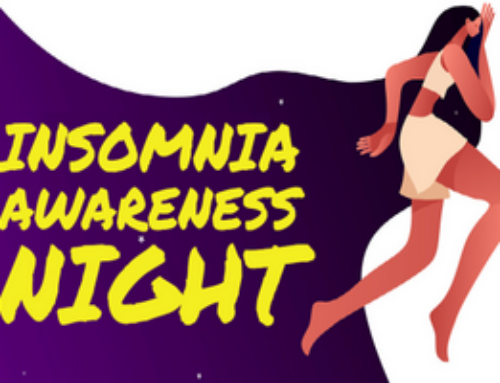Improving sleep isn’t just about getting comfy in bed. It’s also about training our brains to connect the bed with sleep. That’s what stimulus control, a component of cognitive behavioral therapy for insomnia, is all about. By having a consistent and predictable schedule and avoiding activities like watching TV or scrolling through your phone in bed, you’re reinforcing the idea that your bed is meant for sleep, which can help you fall asleep faster and stay asleep longer. It’s a simple but effective way to improve your sleep quality and overall well-being.
Here are five easy tips to help you improve your sleep starting tonight.
1. Get up at the same time every day.
One of the most important things you can do to get your sleep on track is to have consistency in the time you get up in the morning. Consider the earliest time you have to wake up and ask yourself if it’s possible to get up at that time every day (or about that time if 100% consistency isn’t possible). If you wake at a consistent time every day, you’ll begin feeling sleepy at the same time every night.
2. Go to bed when you are sleepy.
Are you sleepy when you get into bed? Take note of what time it is when you actually fall asleep. Use this time as a starting point. Plan to go to bed around the time you naturally fall asleep now.
3. Avoid (or limit) naps.
It’s important to be “hungry” for sleep when you get into bed. Taking a nap is like having a snack on your way to a restaurant. Napping can throw off your sleep rhythm, and it’s important to feel sleepy at the same time in the evening. If you are a short or infrequent napper, avoid naps. If you take long naps, limit your time spent asleep and avoid dozing off close to bedtime.
4. Don’t struggle with sleep in bed.
If you’re lying in bed awake, stay there for a little while and see what happens. If you can’t fall asleep and begin to get frustrated (about 15 to 20 minutes for most people), get out of bed. While you’re up, do something to pass the time. Try not to stress about not sleeping and avoid checking the clock. Return to bed when you feel sleepy again.
5. Use the bed only for sleep (and sex).
It’s important for your brain to think of your bed as a place for sleep. This means that activities like checking your phone, watching TV, or reading should be done elsewhere. Similarly, don’t fall asleep in places that are not your bed. Your brain will start “predicting” sleep in those places instead.
By following these simple tips, you can make a big difference in your sleep quality and overall health. From sticking to a consistent wake-up time to skipping an afternoon catnap, each step helps condition your brain for better sleep. So, this week, give these strategies a try and create a sleep-friendly routine that supports your well-being.
Medical review by Jennifer Martin, PhD





